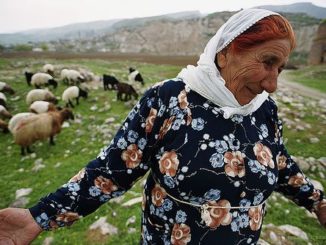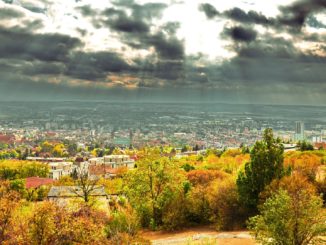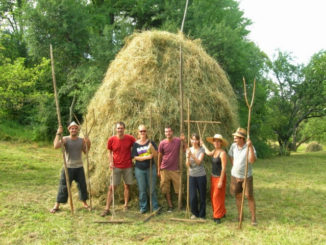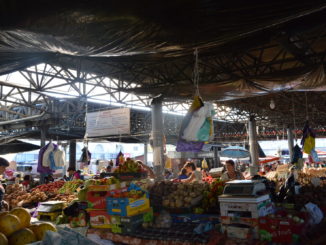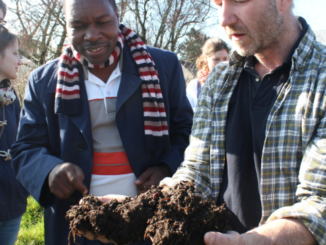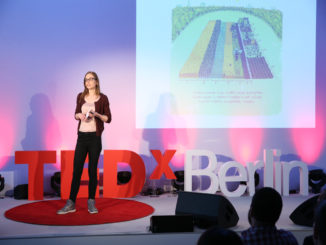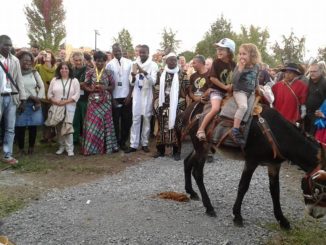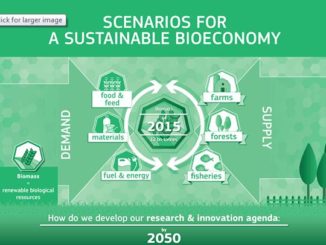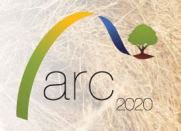By Paula Dragomir – Agrobiodiversity campaign assistant, Eco Ruralis On 24th-26th of September 2015, Eco Ruralis association participated in “Sow your resistance!” an international event in Lescar-Pau, France, which celebrated peasant seeds from all around the world. This event gathered more than 400 people from civil society movements and local NGO’s from Europe, Africa, South America and Asia. The event was co-organized by the Emmaus community of Lescar-Pau, the French network of peasant seeds Réseau Semences Paysannes and the French NGO for agricultural and social projects BEDE. The innovating, semi-autonomous village of Lescar-Pau – which produces 60% of the food needed by its 140 inhabitants – an extraordinary settlement and inspiring location for conceiving a different and better world. The various participants were involved in discussions, workshops, visits and debates. The program was rich and ambitious. The main demands were for: – Recognition of the indispensable past, present and future contribution of farmers and gardeners to the selection, conservation and renewal of agricultural biodiversity; – Respect and guarantee of the right of farmers to reuse, exchange […]


